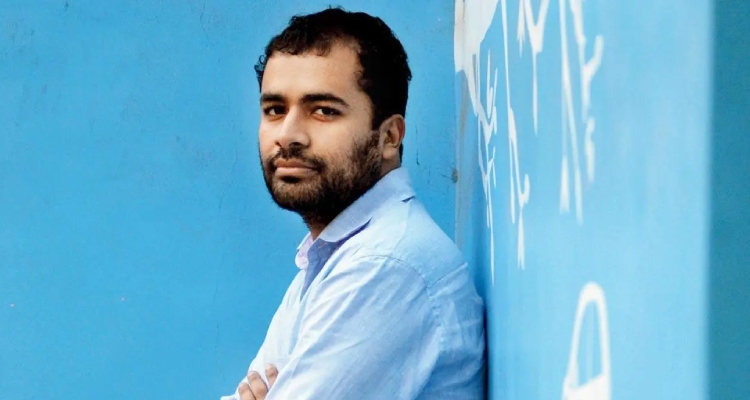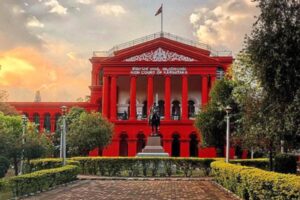
The Supreme Court issued a notice to the Enforcement Directorate (ED) regarding businessman Vijay Nair’s bail plea in a money laundering case tied to alleged irregularities in the Delhi Excise Policy.
A bench comprising Justices Hrishikesh Roy and SVN Bhatti sought a response from the ED on Nair’s petition.
Nair has challenged the Delhi High Court’s decision, which previously denied him bail in the liquor policy case. His bail request was also rejected by the trial court earlier. Nair’s counsel argued that he has been in custody for nearly two years, having been arrested by the CBI in September 2022 and later by the ED. The counsel emphasized that Nair should be granted bail based on parity, as co-accused Manish Sisodia has already been released on bail, and the trial has yet to begin.
Nair’s legal team also contended that his prolonged incarceration is unjustified and that he should be released on bail. In his earlier bail plea before the trial court, Nair claimed he was merely the media and communications head for the Aam Aadmi Party (AAP) and had no role in the drafting, framing, or implementation of the excise policy. He argued that he was being “victimized” due to his political ties and that the allegations against him were false and baseless.
Nair further asserted that his arrest by the ED on November 13, 2022, was illegal and motivated by external factors, particularly as it came just before the special court was expected to rule on his bail plea in the corruption case investigated by the CBI.
The ED had previously informed the court that Nair, acting on behalf of AAP leaders, allegedly received Rs 100 crore in kickbacks from a group known as the “south group.” Nair, who was the former Media and Communication Chief for AAP and the ex-CEO of the event management firm Only Much Louder, has been implicated in the case involving the alleged misuse of the excise policy.
Both the ED and the CBI have accused those involved of irregularities in modifying the excise policy, extending undue favors to license holders, waiving or reducing license fees, and extending the L-1 license without proper approval. The L-1 license is granted to entities with at least five years of wholesale distribution experience in the liquor trade.




